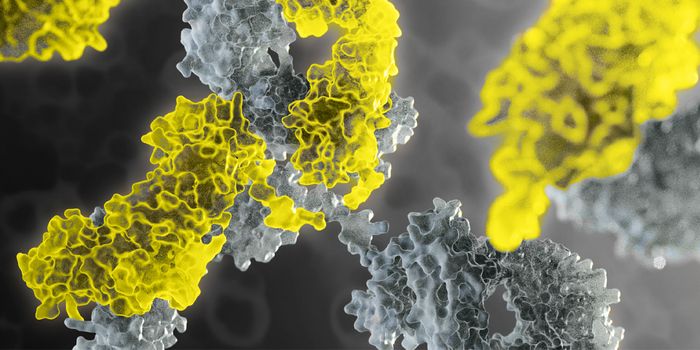How Cancer's 'Invisibility Cloak' Works
One of cancer’s cunning strategies to evade death is to make itself invisible to the immune system. Now researchers say they’ve identified the key to how cancer’s “invisibility cloak” works. This discovery promises to bring other therapeutic targets to prevent cancer from metastasizing at will.

Despite the seemingly endless barrage of news of diseases and sickness, the human body is actually quite remarkable at keeping us healthy and well. The immune system plays a crucial role in this regard, fending off external and internal attacks to our health. However, the immune system can only fight what it can “see” or recognize.
By lurking in stealth mode, some cancers are able to bypass the immune system to flourish and take over the body. "The immune system is efficient at identifying and halting the emergence and spread of primary tumors but when metastatic tumors appear, the immune system is no longer able to recognize the cancer cells and stop them," said Wilfred Jefferies, senior author of the study at the University of British Columbia.
But how does cancer make itself invisible to our defenses? As it turns out, expression of a key protein is necessary for recognition by the immune system. Specifically, when cancer cells mutate to lose the protein known as interleukein-33, or IL-33, our immune cells can’t tell that the cells are cancerous.
"We discovered a new mechanism that explains how metastatic tumors can outsmart the immune system and we have begun to reverse this process so tumors are revealed to the immune system once again,” said Jefferies.
In particular, loss of IL-33 seems to occur with epithelial carcinomas – cancers that start on the surface of organs and tissues like prostate, kidney, lung, and breast. In studying several hundred patients, the team found that loss of IL-33 in prostate or kidney cancer patients was associated with higher cancer recurrence rate. This implies that IL-33 loss offers a sort of cover for cancer cells to hang around undeterred by the immune system.
"IL-33 could be among the first immune biomarkers for prostate cancer and, in the near future, we are planning to examine this in a larger sample size of patients," said Iryna Saranchova, the first author of the study. Already, experiments to turn back IL-33 seem to strip the tumors of their ‘invisibility cloak’ and make them vulnerable to immune system attacks.
Additional source: University of British Columbia








